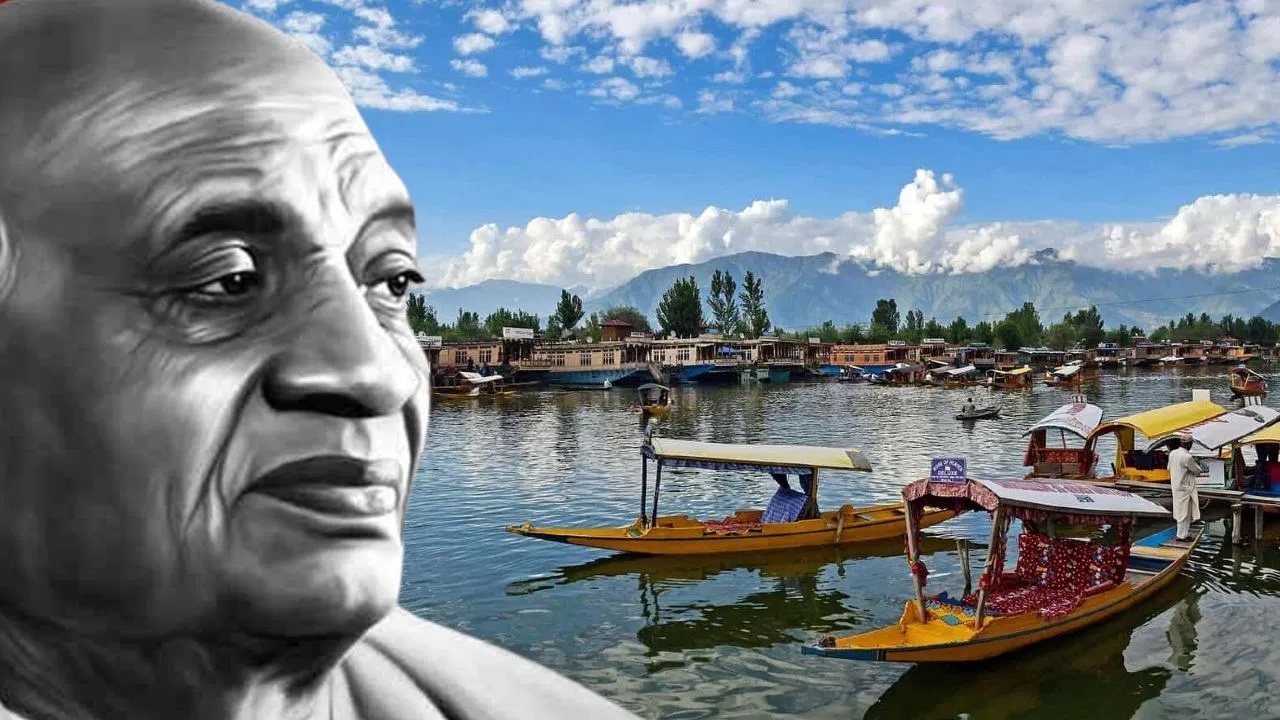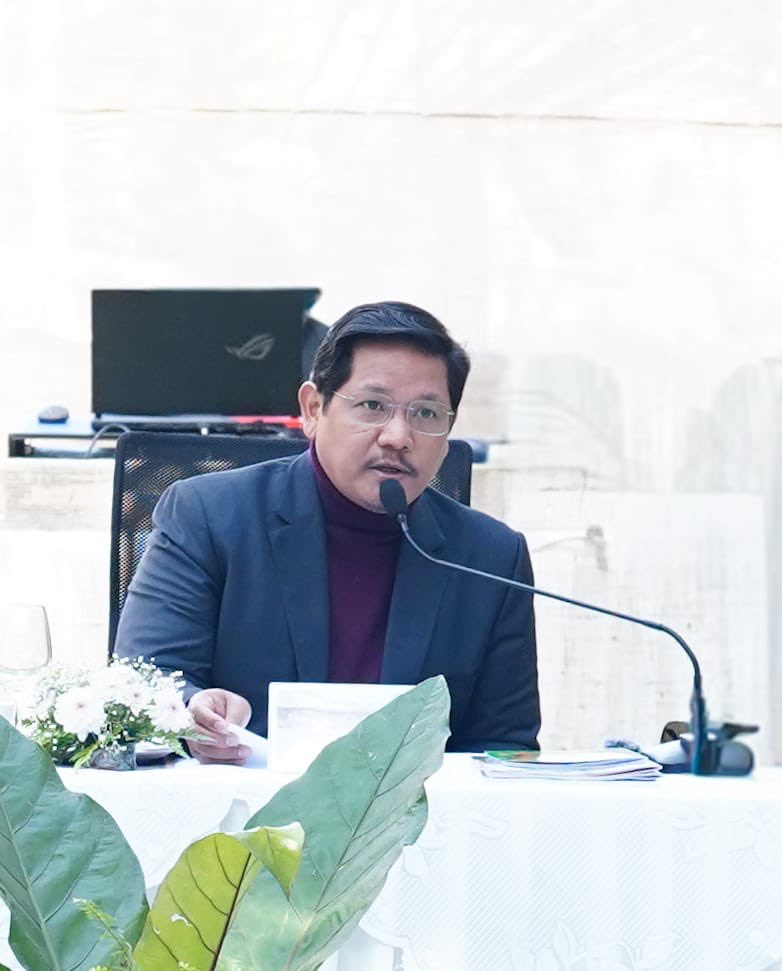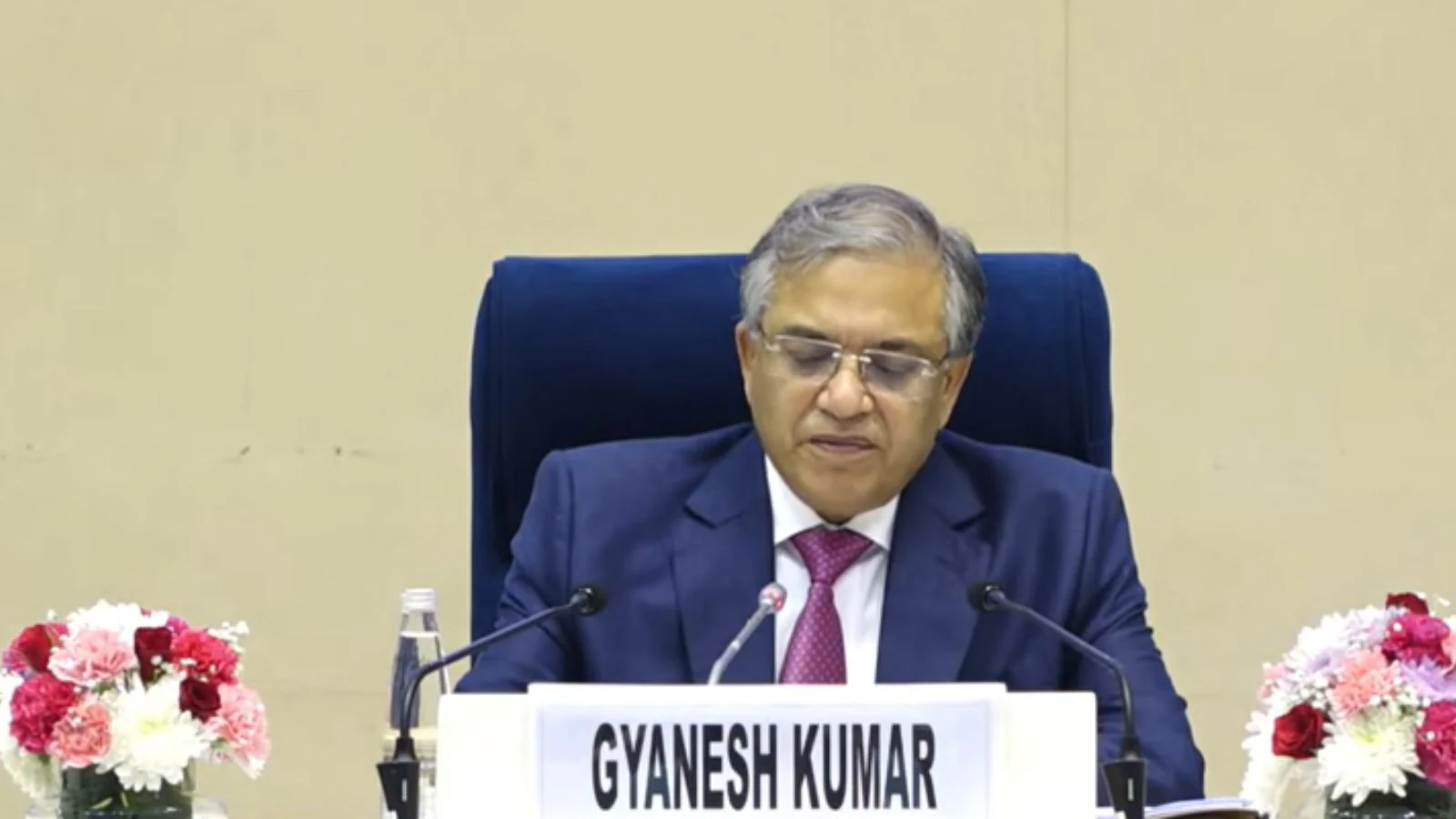
Reviewed by Khwaja Farooq Renzu Shah
Prof. Saif-ud-Din Soz’s latest work, Sardar Patel Aur Kashmir, is a bold and provocative contribution to contemporary Kashmir scholarship—one that invites both admiration and debate. Drawing upon historical records, political interactions, and his own long public life, Prof. Soz re-examines Sardar Vallabhbhai Patel’s role in the early political shaping of Jammu & Kashmir with a candour rarely seen in present-day narratives.
This review is shaped by an extensive pre-release interactive session I held with Prof. Soz at the Kashmir Society International, during which he elaborated on several assertions that have since stirred national conversation.
A Challenging Reassessment of Patel’s Kashmir Position
One of the most striking claims in the book—reiterated by Prof. Soz in our discussion—is that Patel was initially inclined to allow Kashmir to accede to Pakistan. While this assertion will undoubtedly be scrutinised by historians and political commentators, Soz situates it within archival correspondence and the political mood of that era. At the same time, he acknowledges that Patel strongly opposed the ceasefire decision taken around the Doemail and Uri fronts, arguing that halting military action prematurely contributed to the eventual division of Kashmir.
Prof. Soz’s nuanced portrait of Patel neither romanticises nor vilifies him; instead, it situates the statesman in the complex, often contradictory realities of 1947–48.
Insights into the Indus Waters and Regional Rights
As former Union Minister for Water Resources, Prof. Soz brings unique authority to discussions on the Indus Waters Treaty. He argues that the people of Kashmir must recognise the legitimate rights of both India and Pakistan over the Indus river system. He recounts how, in his tenure, he facilitated rare technical dialogues by taking Pakistan’s top water management officials to the Tulbul Navigation Project site in Sopore to explore collaborative frameworks.
This perspective—balancing hydro-development for Kashmir with acknowledgement of treaty-mandated Pakistani rights—adds a vital and often overlooked dimension to the political discourse.
Political Candidness: Vajpayee, Farooq Abdullah and Parliamentary History
The book also revisits some of the most controversial political episodes in India’s recent history. Prof. Soz’s firsthand account of the 1999 vote of confidence, in which he famously cast the decisive vote that brought down the Vajpayee government, is narrated with an unusual blend of conviction and introspection. He reiterates that his objection lay not with Vajpayee personally—whom he characterises as “innocent”—but with what he describes as the RSS-driven ideological environment surrounding the government.
His commentary on Farooq Abdullah’s political motivations during that period, and on the nature of parliamentary representation from J&K before direct elections adds further depth to the narrative.
Engagement with Historical Voices
Prof. Soz revisits the contributions of figures like Moulana Masoodi, one of Kashmir’s earliest parliamentarians, and reflects on the complex interplay of political loyalties, community sentiments, and regional realities in the decades following independence. His perspective is shaped not only by scholarship but by lived experience in the politically volatile 1990s.
A Timely Contribution to a Continuing Dialogue
The official launch of the book at Delhi Public School, Humhama—attended by distinguished scholars and public figures—underscored the work’s relevance in present-day discussions. That the venue itself lies near Nowgam, a locality steeped in contemporary socio-political sensitivities, adds symbolic weight to the event.
For the Kashmir Society International, which has long championed deradicalisation, national cohesion, Tasawuf-inspired peacebuilding, and inter-faith harmony since 1995, the book provides both a challenge and an opportunity. It compels readers to rethink established historical frames while simultaneously reinforcing the need for balanced, informed discourse.
Conclusion
Sardar Patel Aur Kashmir is not merely a historical study; it is an invitation to engage deeply with the contested memories and enduring legacies that shape Kashmir’s political consciousness. Whether one agrees with Prof. Soz or not, his work demands attention and reflection.
For scholars, policymakers, and readers invested in understanding the layered realities of Kashmir, this book emerges as an indispensable, conversation-shaping text.



